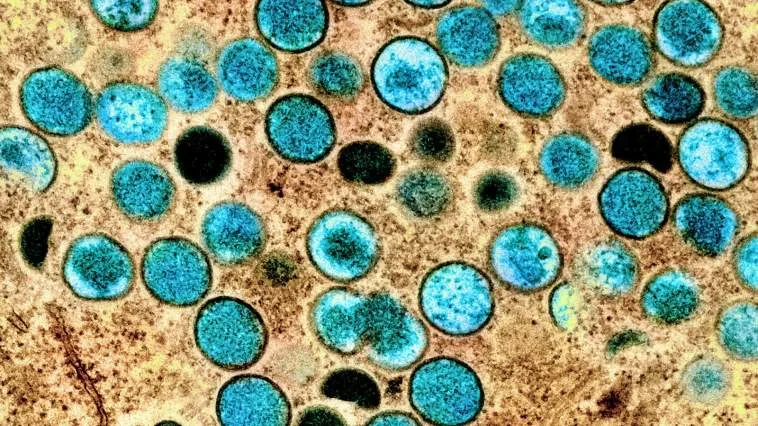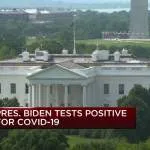(Stat) The World Health Organization on Saturday declared the unprecedented monkeypox outbreak that has spread around the world a public health emergency, a decision that will empower the agency to take additional measures to try to curb the virus’s spread.
In an unusual move, WHO Director-General Tedros Adhanom Ghebreyesus made the declaration even though a committee of experts he had convened to study the issue did not advise him to do so, having failed to reach a consensus. The same committee met just one month ago and declined to declare a public health emergency of international concern, or PHEIC.
Though the committee does not formally vote, a survey of the members revealed that nine thought a PHEIC should not be declared and six supported a declaration. When the group met in June, the breakdown was 11 against and three for.
“Nine and six is very, very close,” Tedros said in a news conference called to announce the decision. “Since the role of the committee is to advise, I then had to act as a tie-breaker.”
“We believe this will mobilize the world to act together. It needs coordination and not only coordination but solidarity,” he said.
In a report on the meeting issued Saturday, the WHO said the members of the emergency committee who did not think a PHEIC should be declared were concerned, among other things, that it might provoke mistreatment and stigmatization of men who have sex with men, the community in which the vast majority of the cases in this outbreak are occurring. The global health agency was firm in its insistence that this should not happen.
“It is exceptionally important that the existence of a public health emergency of international concern and the intensification of surveillance and control efforts are not used as a means of coercive surveillance or for imposition of measures that would impede the dignity and human rights of the people affected,” said Mike Ryan, who leads the WHO’s Health Emergencies Program. “It’s very important that we get this balance right.”
Monkeypox is endemic only in about a dozen countries in Central and Western Africa. But in May, public health officials in London reported six cases in people who had not traveled to endemic countries. Four of the six were in men who have sex with men.
The number of cases internationally has ballooned in the ensuing weeks, now reaching more than 16,000 in over 75 countries throughout Europe, North and South America, the Middle East, new parts of Africa, South Asia, and Australia. The United States has recorded nearly 2,900 cases.
The PHEIC (pronounced like “fake”) gives Tedros certain powers, such as the ability to recommend how countries should respond. It could also rally global coordination for a more unified response. Part of that effort may involve ensuring the more equitable distribution of vaccines and treatments, which are in short supply.
The WHO issued a lengthy list of recommendations on Saturday, broken down into four groups: recommendations for countries that have not yet detected a case of monkeypox; those for countries with ongoing human-to-human transmission; those for countries where the virus is endemic in nature; and those for countries with capacity to produce monkeypox vaccine and therapeutics. Countries with no cases, for instance, were urged to strengthen their surveillance and be prepared to deal with infections if they occur. Countries with production capacity for drugs and vaccines were urged to increase and share output.






